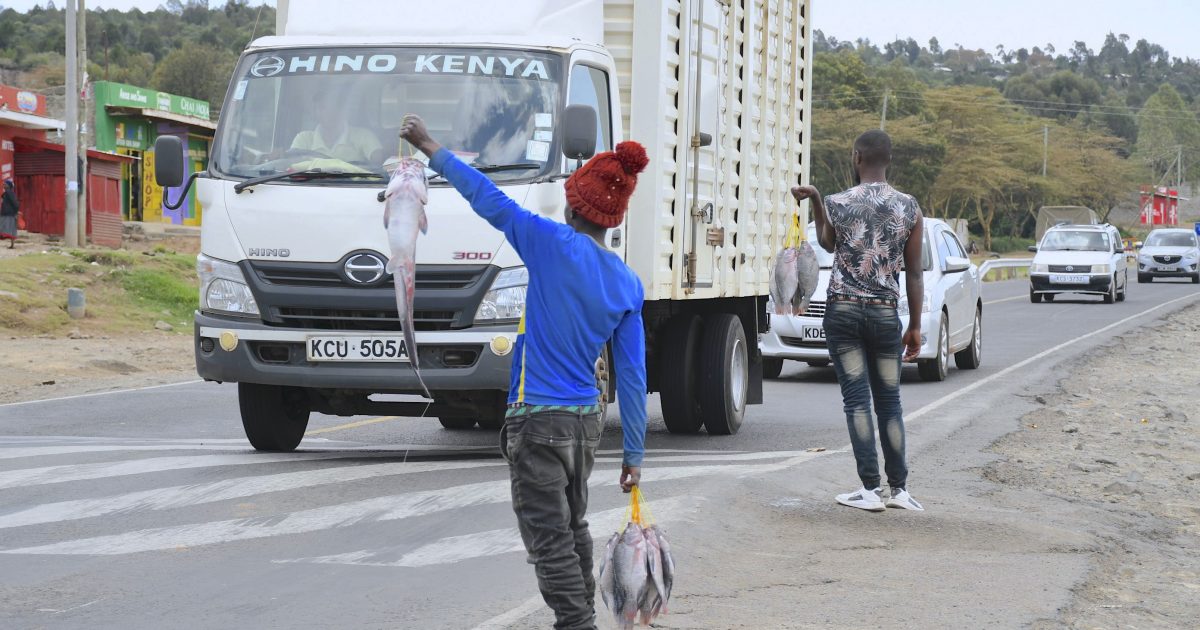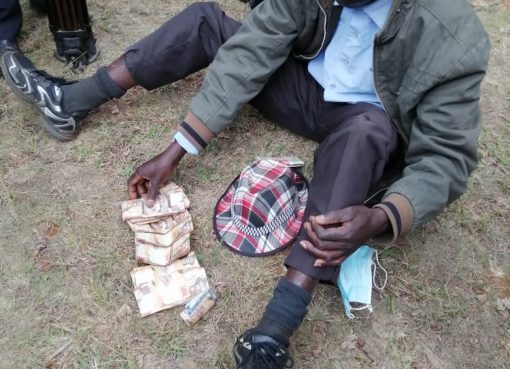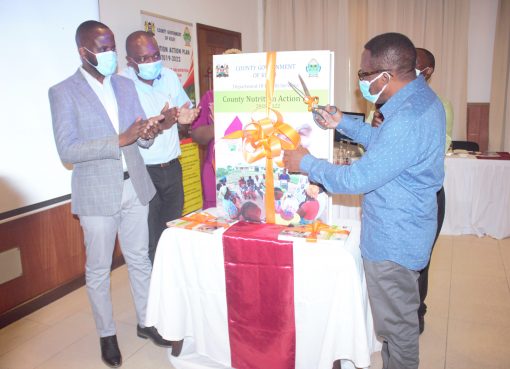The department of public health in Naivasha has banned food hawking within the town and its environs following an outbreak of cholera.
Speaking to the media in Naivasha town, Naivasha Sub County Public Health Officer Margret Mungai also banned open cooking and fish hawking in the town and along the Nairobi – Nakuru highway.
“Whoever will be found disobeying this order will be arrested and prosecuted,” Mungai said. She however added that the outbreak was under control and the four cases of infected members of the same family were treated and discharged.
She said those who want to buy fish are required to buy the same at designated places in the town only. Water sources too, are monitored for safety.
The public health officer said a Cholera Multi-Sectoral committee under the chair of the Sub County Deputy Commissioner was carrying out surveillance to contain more cases of the disease reported in the Sub County.
Mungai also warned that passengers in buses bound for Western Kenya who will be found defecating in bushes along the Nairobi – Nakuru highway will be arrested since this can easily fuel the spread of cholera. Human waste exhausters in the town were directed to empty their cargo at the sewerage treatment plant or in default risk prosecution.
Nakuru County Public Health Director last week issued a cholera alert in the county after four cases of cholera were confirmed at Viwandani area in Naivasha town. The four members of the same family are suspected to have been infected during a wedding they attended in Kiambu County last month.
Surveillance has also been enhanced on the border with neighbouring counties such as Kiambu to stem any fresh incidences of cholera.
Cholera is an infectious and often fatal bacterial disease of the small intestine, typically contracted from infected water supplies and causing severe vomiting and diarrhea. It leads to dehydration, which eventually causes death within three to four hours of infection if not treated.
It is caused by eating food or drinking water contaminated with a bacterium called Vibrio cholerae. Symptoms of the disease include, diarrhea, vomiting, stomach cramps. Severe symptoms include watery diarrhea, vomiting, nausea, stomach pain, dehydration, dry skin and mucous membranes.
If untreated, the infection can lead to severe dehydration and death in undernourished persons or those with compromised immune systems. Treatment includes taking an oral rehydration solution to rebalance electrolytes and antibiotics.
Residents of Naivasha have been advised to observe high levels of hygiene by washing their hands after visiting a washroom, and before preparing and eating food and boiling drinking water.
The Ministry of Health last month issued a cholera outbreak alert after confirming 61 cases across six counties. The outbreak was confirmed in six counties, namely; Kiambu, Nairobi, Murang’a, Kajiado, Nakuru and Uasin Gishu.
World Health Organization (WHO) estimates that every year, there are 1.3 to 4 million cases of cholera and up to 143 000 reported around the world due to the infection. A report released by WHO in mid-August this year shows approximately 39, 857 suspected cholera cases, including 114 deaths, have been reported around the worldwide.
By Mabel Keya –Shikuku





